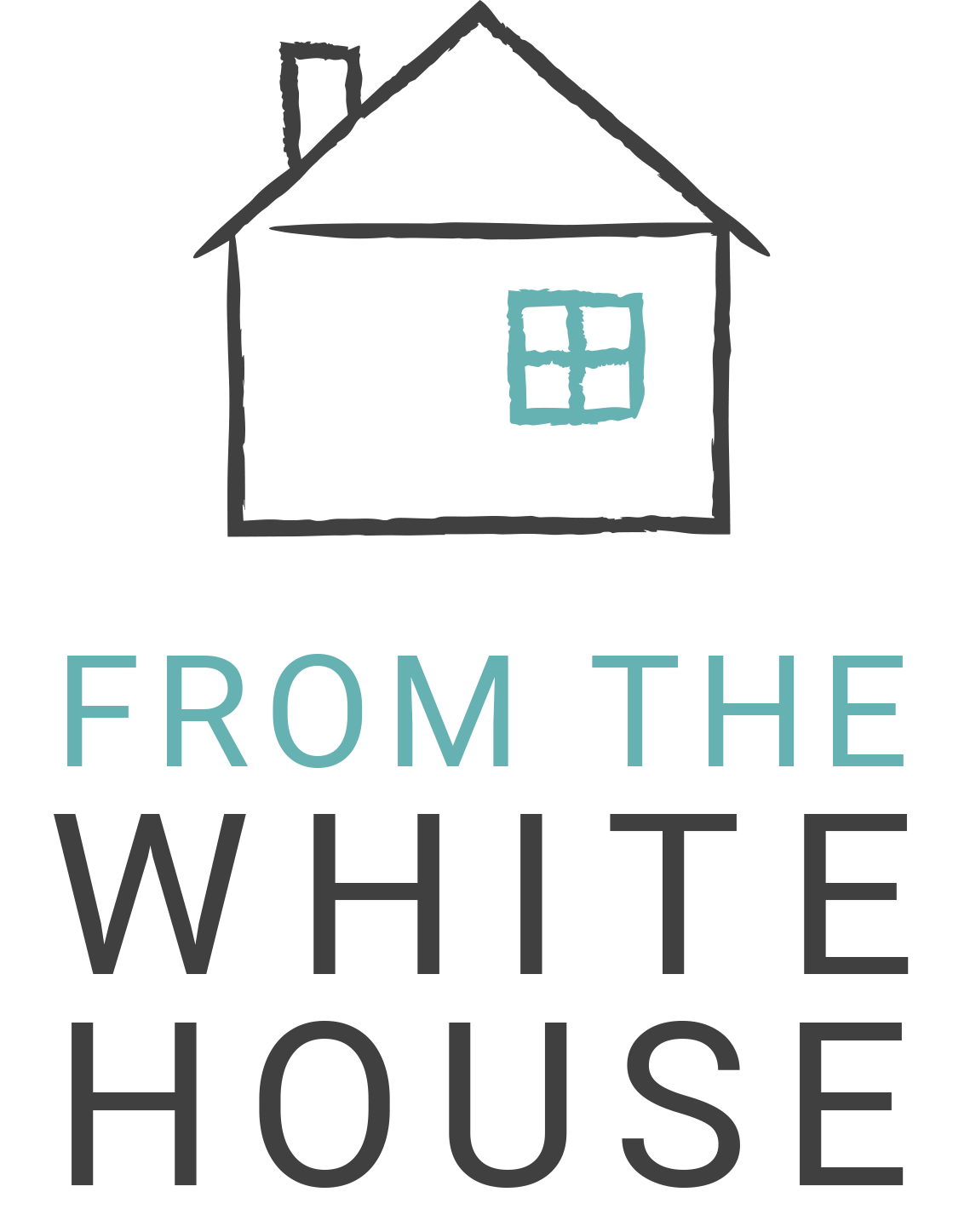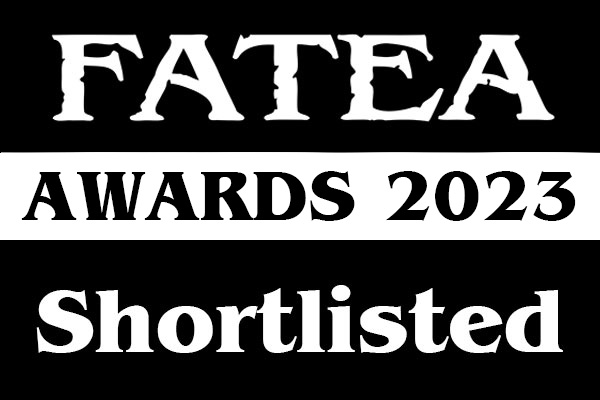…. well we don’t know yet! The awards are voted for by the Fatea Team with the winners announced on the 12th of January.
But great to see Stolen From God by Reg Meuross in the running.
Order the album: HERE
See the live show HERE
In his 27 years as a solo artist, Somerset-based singer-songwriter Reg Meuross has tackled a wide array of historical based subjects in songs exposing injustice and inequality or celebrating heroism and courage. He has written paeans to the NHS, Emily Dickinson, Victor Jara and Sophie Scholl, shed light on how miners were unjustly vilified as cowards when they were ordered to continue their work rather than serve during the war, turned a critical eye on contemporary England and told of the tragic fates of murdered or separated lovers and of the ignominy heaped upon unmarried mothers and prostitutes even after death.
But in Stolen From God he has unquestionably written his masterpiece in a song cycle that turns an unflinching eye on the toxic legacy of the transatlantic slave trade, most particularly in his own home in the South West of England. Shocked by his realisation of his own ignorance of British Black History, of the Empire and how so many of the nation’s grand estates and lauded figures were tainted by the stain of slavery that had served as the foundation for their wealth and public acclaim.
Embarking on four years of in-depth research into family trees, church records, oral histories passed down through generations, uncovering many uncomfortable long hidden truths, in the true tradition of folk music he has turned these into songs about seafaring, war, class, politics and social history with subjects that range from how naval legends like Sir Francis Drake and John Hawkins who helped to establish the transatlantic slave trade, how it underpinned the British economy of the17th century, the first petition to abolish slavery that originated in Bridgewater and Edward Colston, the Bristol merchant, entrepreneur and philanthropist finally revealed as being involved in the forcible kidnapping and transportation of some eight thousand Africans.
With songs sung in the voices of both those outraged by slavery and those enslaved and incorporating traditional African instruments into the arrangements, this is not only his masterpiece but, alongside Angeline Morrison’s The Sorrow Songs, one of the most important albums of the 21stcentury in shedding light on how, for centuries, we shut our eyes to the fact that the foundations of who we are as a nation were built on the broken backs and chains of others. (Mike Davies)

